Housing Cladding Remediation (Scotland) Bill: business and regulatory impact assessment - easy read
Easy read version of the business and regulatory impact assessment (BRIA) for the Housing (Cladding Remediation) (Scotland) Bill.
Housing Cladding Remediation (Scotland) Bill - Business and Regulatory Impact Assessment (BRIA) - Easy Read Version
Purpose
Some buildings have dangerous cladding in them. This could injure or kill somebody.
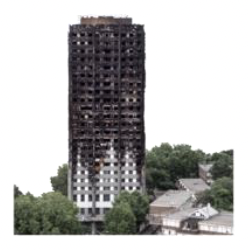
The Scottish Government have introduced a bill to deal with this. The bill will help the Cladding Remediation programme.

The programme will help find out what buildings have dangerous cladding. It will also help people remove them.

The bill will help create a list of buildings that have been assessed. The list will also show whether any changes have been made.

The bill will let Ministers arrange for buildings to be checked. It will also let Ministers arrange for the changes that need to be made.

The bill will also create a Responsible Developers Scheme. This will make sure developers make buildings safer.

An assessment can be made without the owner agreeing. This can be done if the work is urgent.

Background
The Grenfell Tower fire in 2017 was a tragedy. It showed how dangerous some cladding on UK buildings can be.

A lot of changes have been made in Scotland to address this. This included changing Fire Safety laws to ban certain cladding.

Cladding is an outside cover on buildings. Lots of buildings have this cladding and it comes in different kinds.

Scottish Ministers created a group in 2020. This was to address problems owners and residents faced about their buildings.

The group wrote a report in 2021 that suggested creating assessments on whole buildings. This would assess the risk of fire.

The Scottish Government created the Cladding Redemption Programme to do this.
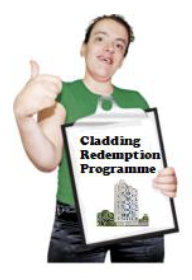
There are some issues in delivering this programme. The bill will help the Programme run smoothly.

Consultation
The bill is being introduced quickly. This is to make sure safety hazards are dealt with as soon as possible.

The programme is still working with all the different groups involved.

The Cladding Remediation Stakeholder Group has helped the Programme. They have lots of different members such as:
- Scottish Government
- Association of British Insurers
- Building Societies Association
- High Rise Scotland Action Group
- Homes for Scotland
- Institution of Fire Engineers
- Law Society of Scotland
- Local Authority Building Standards Scotland
- Property Managers Association
- Royal Institution of Chartered Surveyors
- Scottish Fire and Rescue Service
- Scottish Futures Trust
- UK Finance
- Scotland’s Regeneration Forum
- Chartered Institute of Business

Certain teams in the Scottish Government have been involved. They have had the opportunity to have their say.

These teams include the Building Standards Division and the Planning, Architecture and Regeneration Division.

The Scottish Government has also talked to other governments in the UK. These include the Welsh Government and the UK Department for Levelling Up, Housing and Communities.
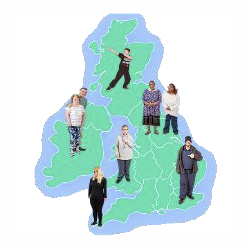
Public Consultation
The public have not been asked in advance because of how quick the bill is being delivered. We will still work with the partners.

Options
There are two options for the programme. We can either create laws to start the programme or do nothing.

The groups affected by the bill and the programme include:
- Homeowners
- Residents
- Commercial Premises Owners
- Insurers
- Mortgage Lenders
- Developers

Homeowners and residents can be at risk because of the cladding.

Insurers and Mortgage Lenders may not want to cover buildings that can catch fire easily.

Developers might be worried about people in their buildings at risk.

The bill will make sure delays and problems with repairs are fixed. People may be left in unsafe buildings unless they are dealt with.
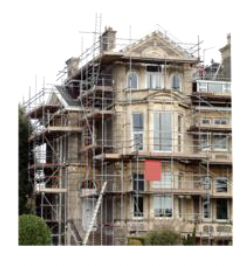
The bill will introduce a Cladding Assurance Register.. People will be able to check this if they are worried about the safely of a building that has cladding on it.

Cladding Remediation Programme Costs
The cost of changing the cladding is not yet clear. The assessments which will be carried out will reveal this.

The Programme was just a pilot at first. It looked at the safety of 105 buildings.
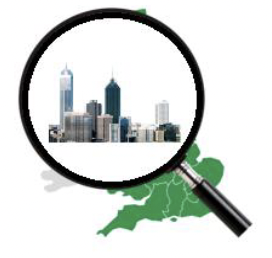
A survey is being done to find out the real number of buildings that will have to be looked at. This will help us work out the cost for the future.

Until now the programme has published how much it spends 4 times a year.

The latest notice shows that the programme spent £3.6 million from April 2021 until June 2023.

The £3.6 million spend is broken down into different types of grant.

Types of grants include paying for the assessments and work to change cladding. It also includes addressing work and assurance of work being done.

Some people might want to fund a ‘Waking Watch’. This is when trained people patrol the building to look for fire
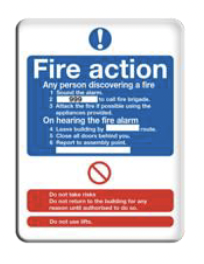
Regulatory and EU Alignment Impacts
We need to consider the fact the UK is not in the EU anymore. This might affect regulations about building fire safety.

There should not be any impact on EU rules in this bill.

We understand small businesses might not be able to pay for changes. They will be helped where possible.

The bill will make sure developers work together to address unsafe buildings. It will create a Responsible Developers Scheme.
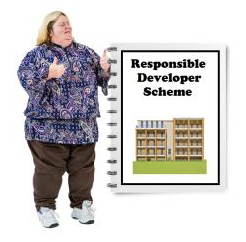
A developer might not join the scheme or might break the rules. Those developers might be stopped from certain building developments.
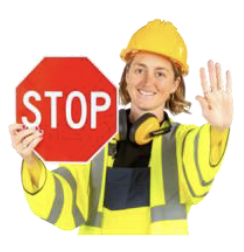
They may also not be given building warrants or have completion certificates accepted.

The bill will also allow people to make legal appeals about the work being done to their buildings. Legal aid will be available.

The bill will be put in place after it goes through parliament. The programme is already in place.
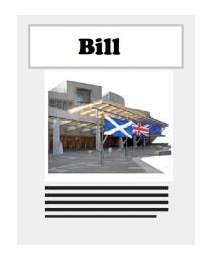
The bill will be able to deal with enforcement and sanctions once it is in place.

We will review how the bill is going around 10 years after it is implemented.
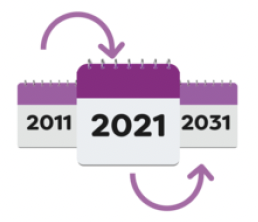
Summary and Recommendation
Laws should be put in place to support the delivery of the Cladding Remediation Programme. This will address the serious fire risk in buildings.

Declaration and Publication
I have read the Business and Regulatory Impact Assessment and I am satisfied that, given the available evidence, it represents a reasonable view of the likely costs, benefits and impact of the leading options. I am satisfied that business impact has been assessed with the support of businesses in Scotland.

Signed:
Date: 27 October 2023
Minister's name: Paul McLennan MSP
Minister's title: Minister for Housing
Scottish Government Contact point: Amy Stuart, Head of Cladding Remediation Policy and Legislation
Contact
Email: Jason.Lloyd@gov.scot
There is a problem
Thanks for your feedback